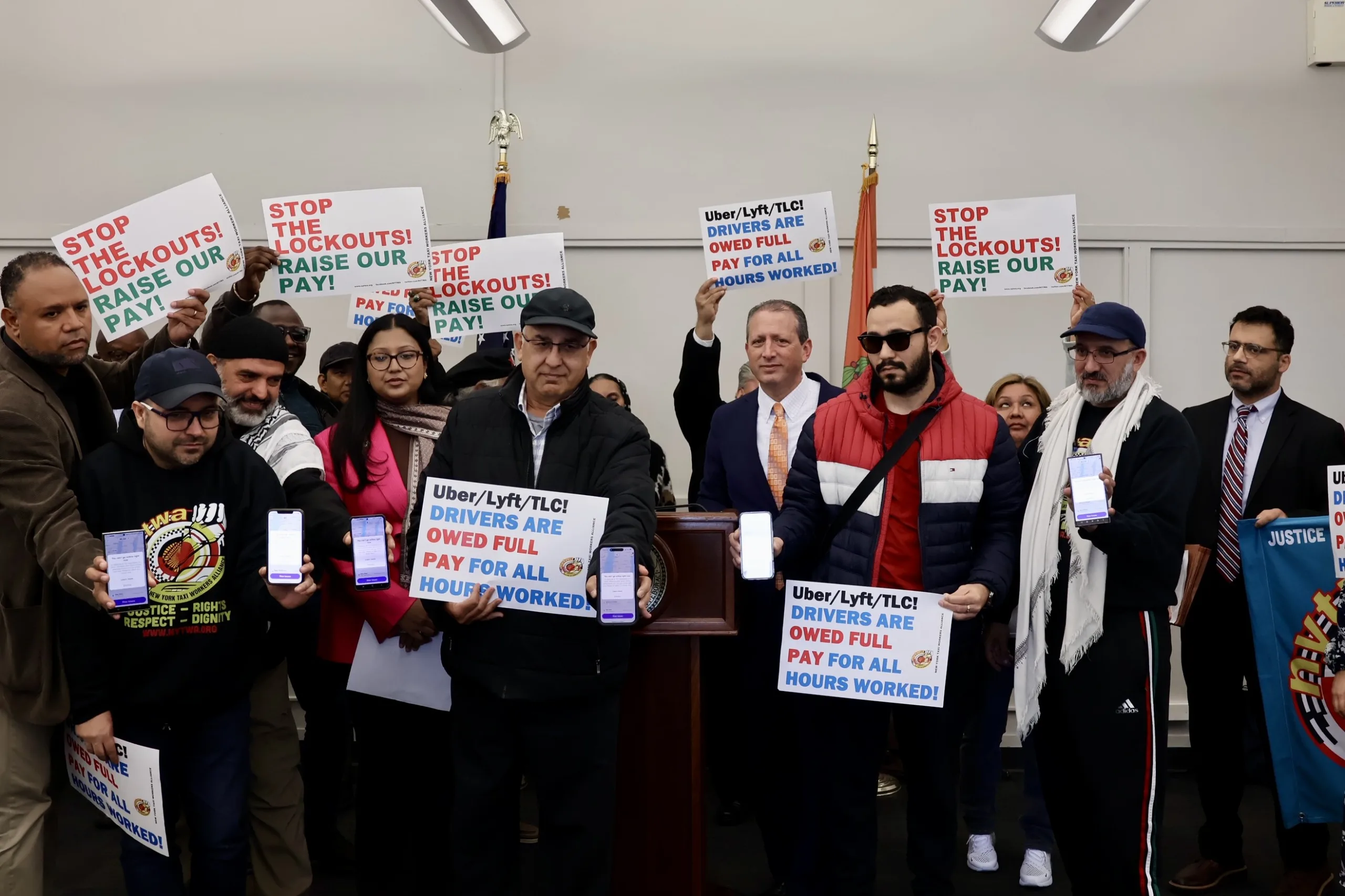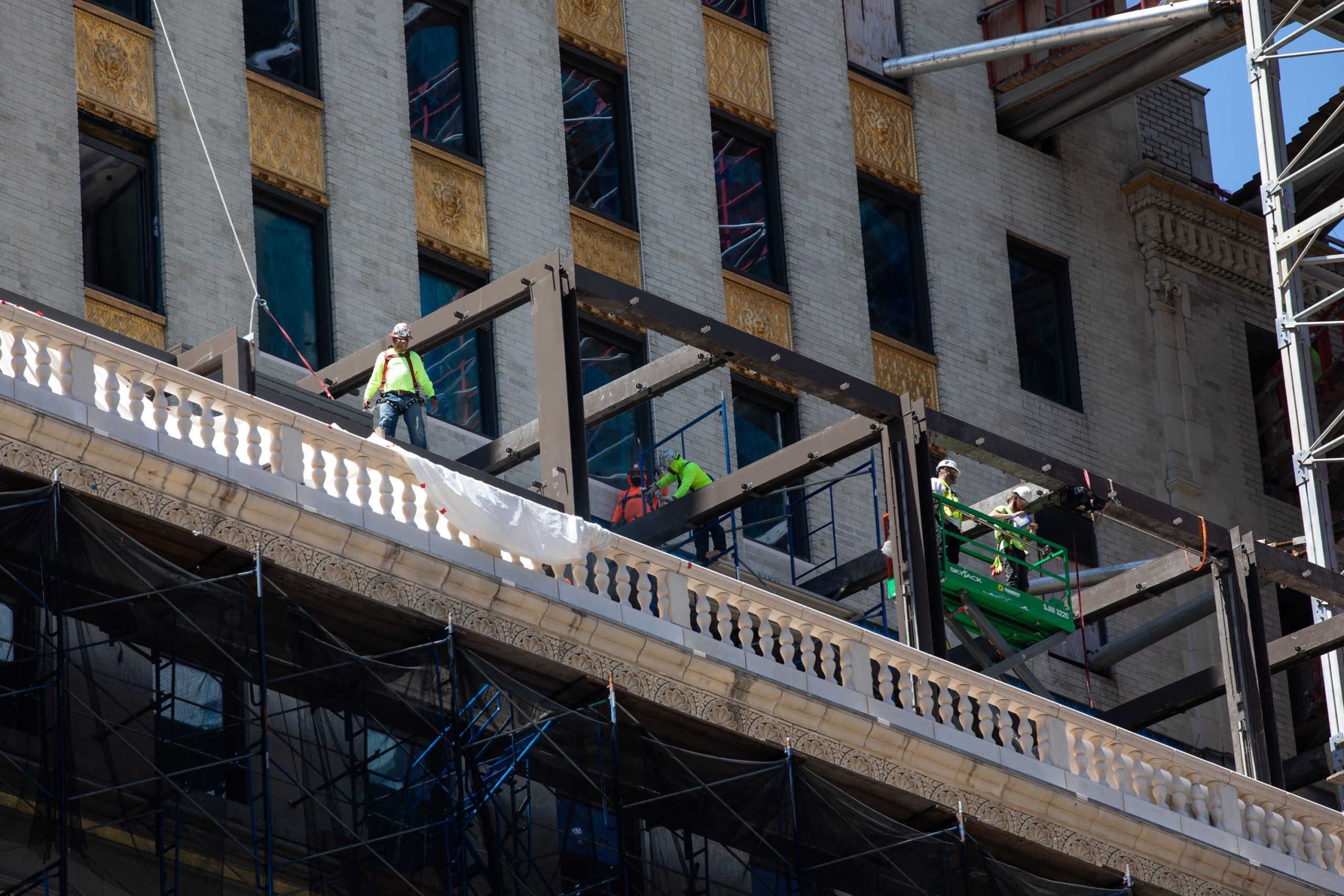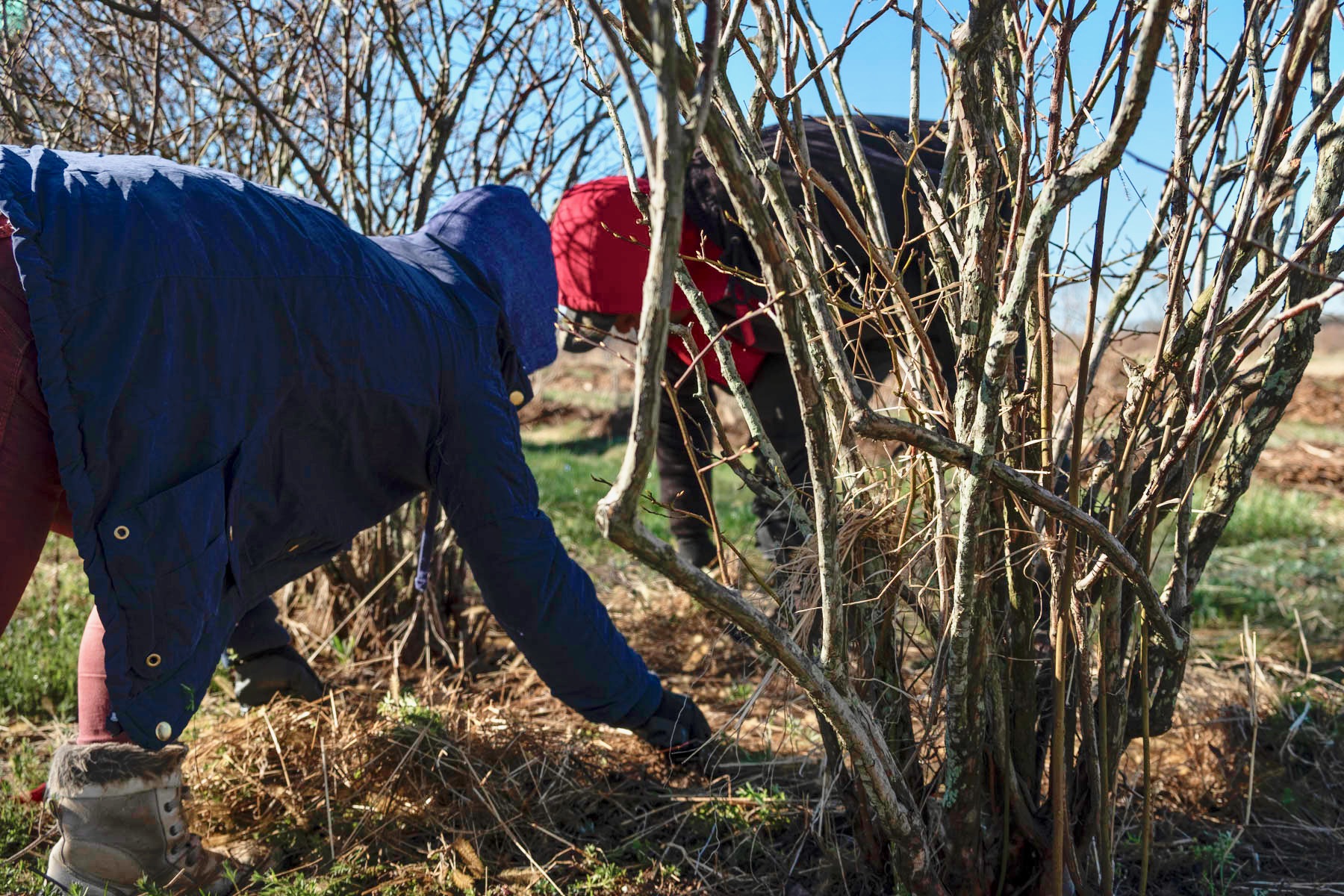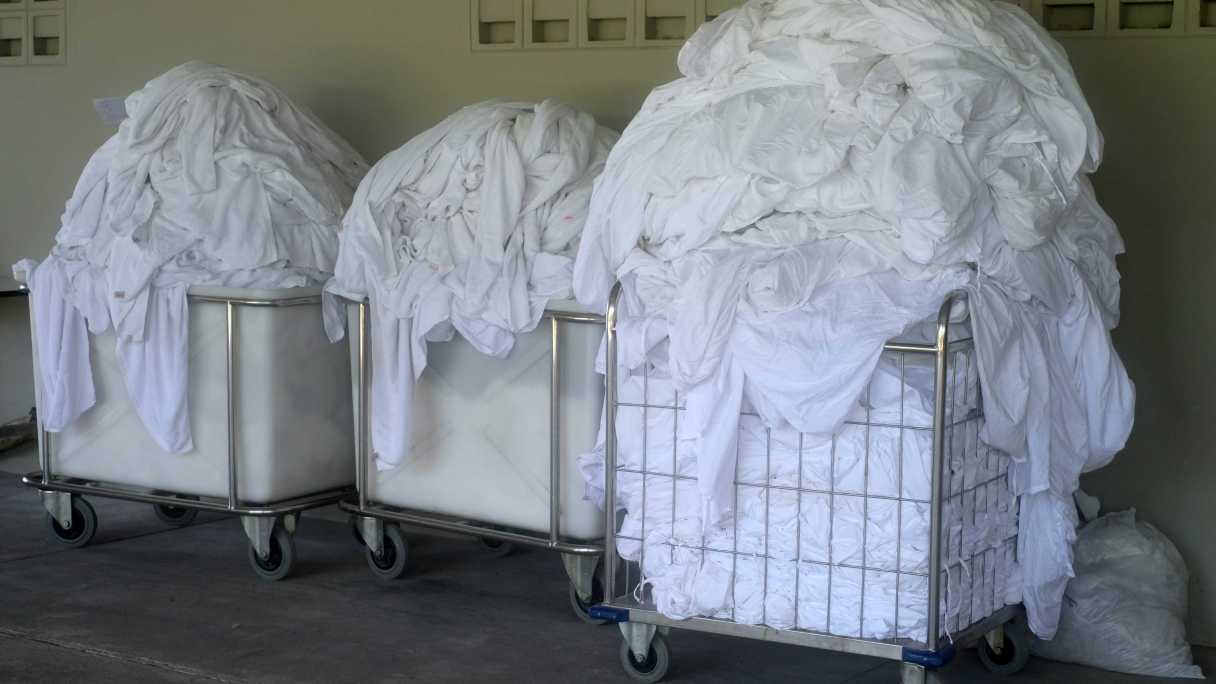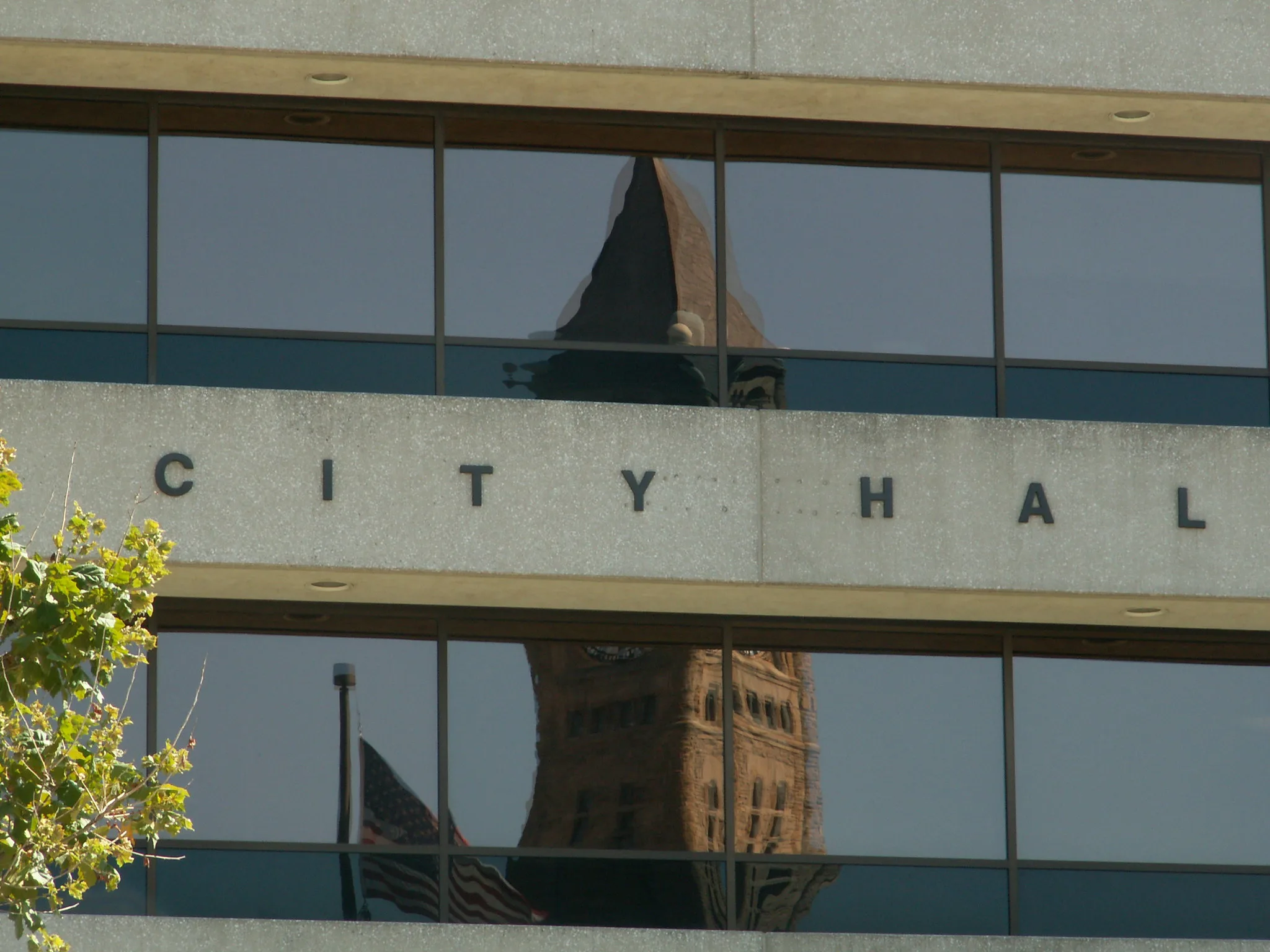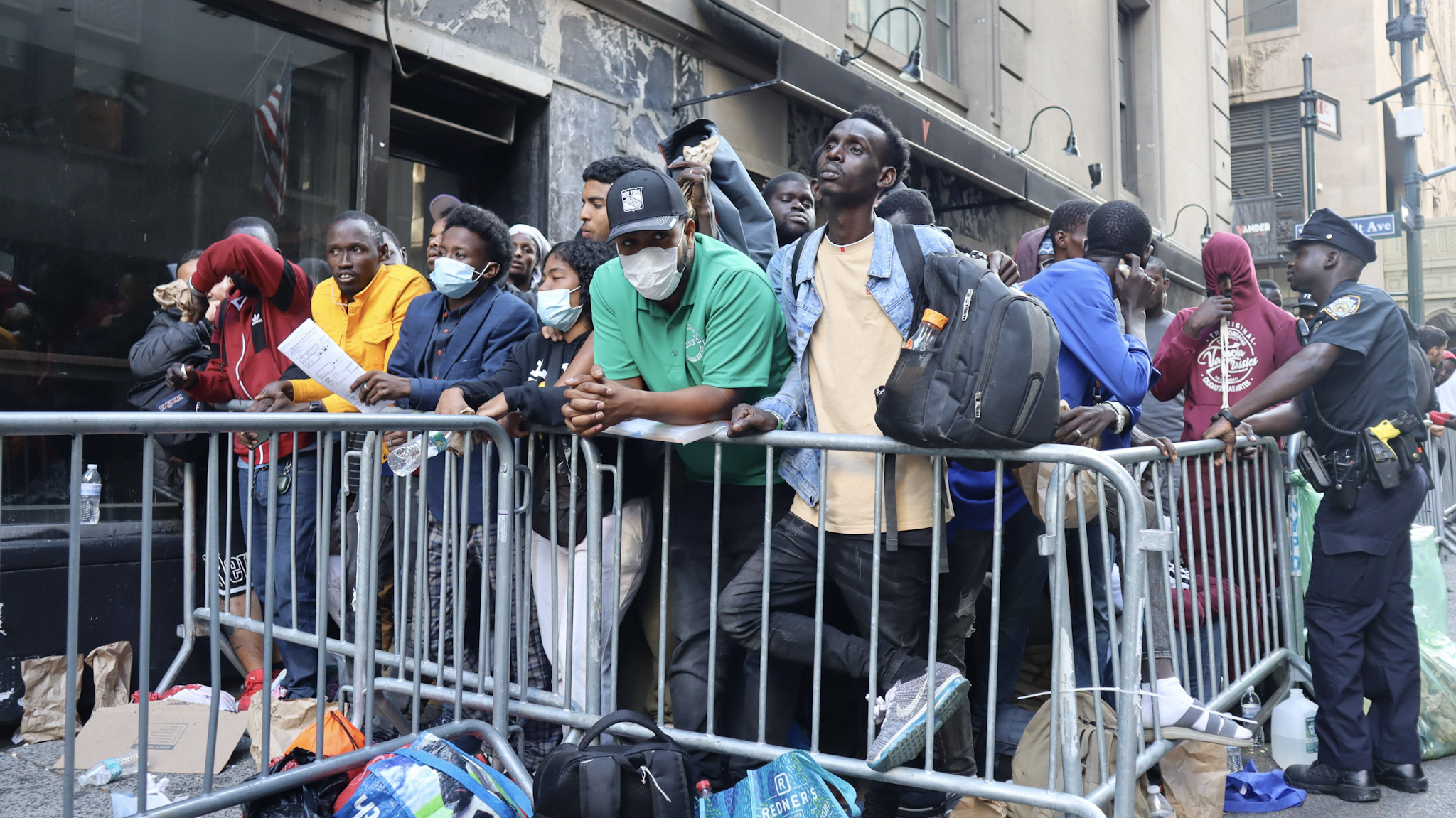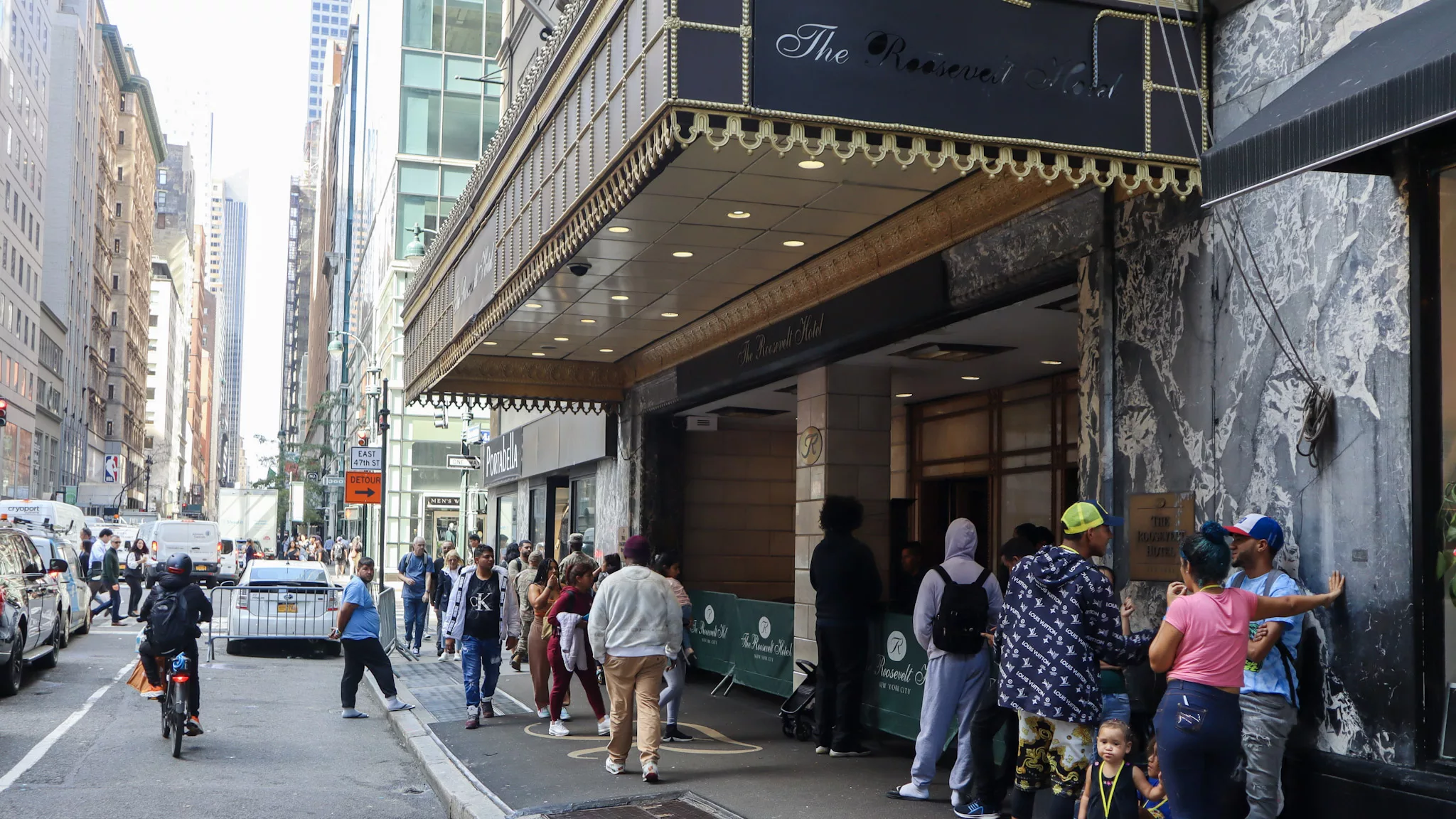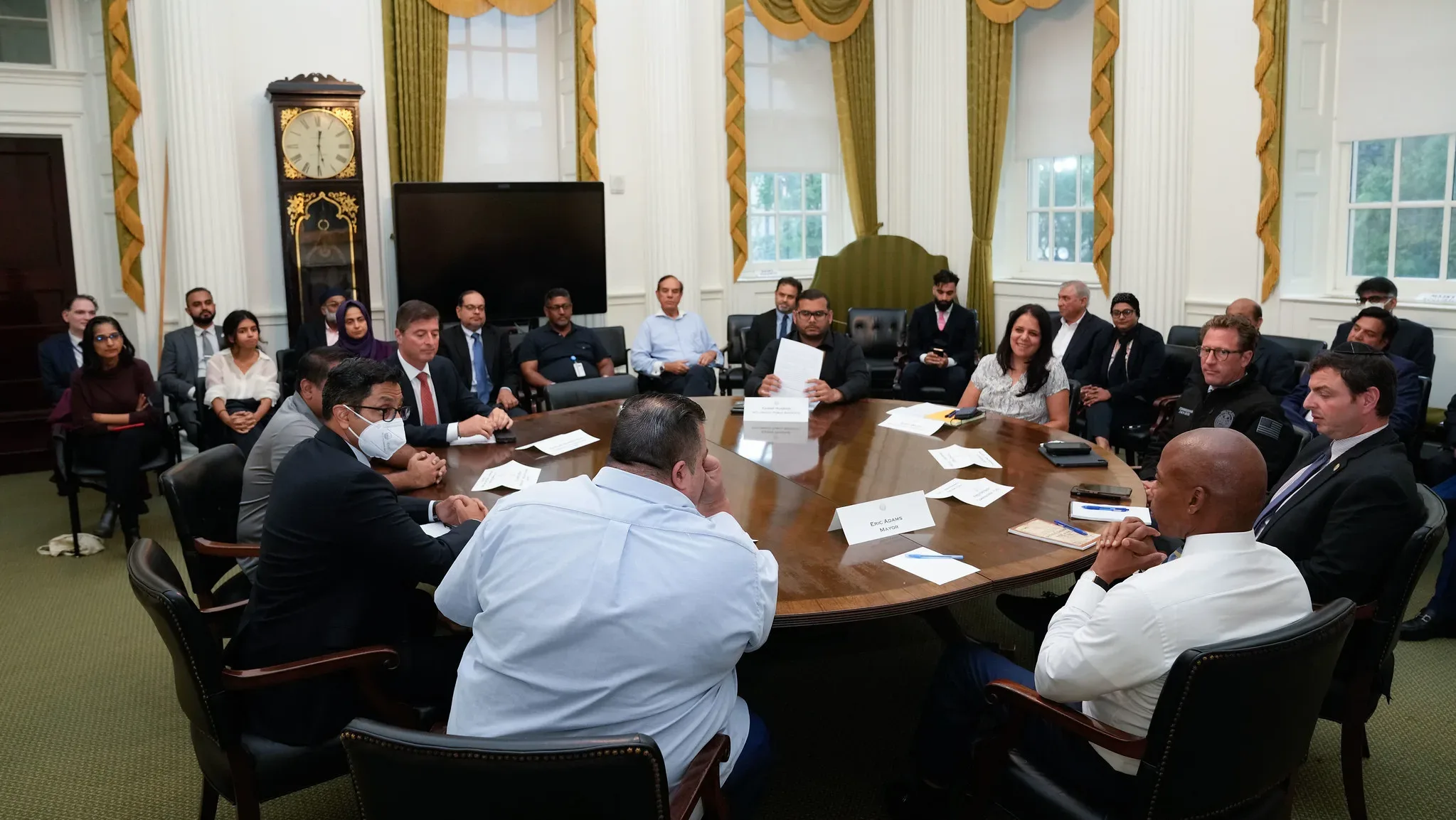Early Arrival’s Community Corner leverages the voices of subscribers, immigration professionals, and our in-house reporters to highlight immigrant affairs, concerns, and reporting. This week, we shine a spotlight on Rommel Ojeda, who has been with Documented for a year and recently grew into a new role as a Latino community correspondent.
Rommel Ojeda highlights his growth from the first biggest story he ever wrote with us, the impact of the stories he has written at Documented, and how he covered them. He also teases a four-part series on undocumented homeless immigrants, which is soon to be published.
Wow, Rommel. This week makes it a year since you joined Documented. You have grown from being an intern to working part time as an engagement reporter, and now a community correspondent. What has this journey been like for you?
I began volunteering with Documented at first, and at this time last year my internship started. I was working on the first big story I have ever worked on — which got published in partnership with Univision. The story was about the lack of passport appointments in the Latino consulate in New York, and that experience dictated the pace of my work at Documented.
It was definitely something that was meaningful, not just to me, but also to the people we interviewed because, right away, the General Consul started contacting me and making amends by saying, hey, the people you spoke with, have them contact us and we’ll get them the appointments.
I had never written anything that made an impact before. So, to see that we were able to get people their passports faster when they had been waiting months. I was like, wow, that’s the best way to start.
Nice. You were an intern when the story got published, and so when you became an engagement reporter months later, in what ways did your role transition?
When the internship was over, I was given the a part-time position as an Engagement Reporter. My position transitioned into me having more control of our WhatsApp community platform, and ensuring that I’m talking to them most of the time to create guides, put together resources that people might need, as well as identify certain focuses that might be good for reporting.
At that time, there was the Excluded Workers Fund, which we covered extensively, along with housing and rent. These were all products of people coming to us with their documents and saying here is this paper with all personal information, will all the data that they don’t even share with their friends, and saying “I need help.”
So that amount of trust they have with us, and the constant back and forth in the WhatsApp channel really defined what engagement meant. When I saw the relationship between the community and the reporter — where the community was coming to us — it eliminated the biggest barrier, which is access.
In a way, they became our collaborators, and the stories that we usually publish, we make sure that they read it. We get their feedback. Because at the end of the day, they are trusting us with super personal information. And if we just report and disappear, it doesn’t create the trust that we’re looking for.
That’s really insightful. And more recently you got the position of Community Correspondent.
Yes. So, I was working part time during my last semester of grad school at the Bilingual Journalism program at CUNY, which was from August until December. And then I started working full time around January. But got the position of Community Correspondent in February.
What made you interested in Journalism in the first place?
So I did Fine Arts for my first degree. I have always been attracted to creativity, and just finding a way to create and tell stories through different mediums was always appealing to me. I did art, and then I wanted to make money so I went into business, and then science. It didn’t work out because I wasn’t really happy.
So during that period, I was also writing poetry and fiction stories. I had this affinity to write since my grandparents in Ecuador used to tell me their own tales of when they used to work in the fields, and grow crops. They would recount very detailed, interesting stories, and capture the folklore of the indigenous people in Ecuador. I was always finding those stories fascinating because they had so much imagery.
I would remember those stories, make some changes to it, and tell my friends as if I had experienced them. I think it has always stuck with me this gravitation or need to tell something, whether it was by creating art or by writing. After like three or four years of just trying to find a career choice, I was like, hey, you know, maybe I should go into creative writing and journalism.
CUNY had this program where you focus on creative writing, but also start reporting. So I did that. And it clicked right away. I was like, I’m able to write something, which I love doing; playing with words. But I’m also able to make a meaningful impact if the story is told correctly. And the rest is history.
What have you enjoyed the most about covering different communities at Documented, especially the spanish-speaking community, and what have you learned about them?
One of the things I’ve learned is that it’s more important for newspapers to be available to the community when nothing’s happening in the news. Because that indicates that something is missing. And when you’re available to people, they tell you “Hey, this is what’s going on.” And that’s how we create content.
It’s more important to be there for them when it’s silent, as opposed to drive-through journalism that usually takes the reporter into the communities when something hot is going on. That’s how the stories about the Excluded Workers Fund were produced. We were there for them, and people were coming to us saying, hey, I planned to apply for the Excluded Workers Fund but this is what’s going on with the agency.
We wouldn’t have been able to do it otherwise. That sort of advantage was very nuanced, and something that I learned. And that’s why we’re always available to our members, which total 2,200 now, and keeps growing.
Even though speaking with the victims of the Excluded Workers Fund debit card theft did not get easier over time, what was rewarding was the fact that people were getting their money back after the articles were published. It’s hard to track impact, but there were some coincidences when they had their money hours after we published the story. Sometimes, even when their cases were closed, they received their money a few weeks later.
People updated us by saying, hey, I got my money back, I can now pay rent, I can do this. That was just very, heartwarming. I’ve always said if we can find a way to amplify their voices, then it makes the job really wonderful.
Amazing. What stories have you enjoyed writing the most at Documented?
So I’m working on this four-part story about undocumented homeless immigrants in New York City. It’s very tragic. But at the same time, I’ve enjoyed it the most because, when I spoke to people, they were very open to me and had this aura as though nobody else had spoken to them with the intent to listen.
This story came to be after one of our Early Arrival newsletter readers reached out to us last August. She works with the undocumented homeless communities, and told us they had been facing certain obstacles. Before that, I hadn’t even thought about it.
Also Read: COVID-19 is Creating More Homeless Undocumented Immigrants in New York
Now it’s been almost an eight months long process of me trying to find people that are in this situation because there’s no data on them. Shelters don’t usually ask for immigration status, so it’s hard to find this population, hence why there has been a lack of coverage.
But it has been super refreshing to hear their point of view, because being homeless is already a challenge. But when you don’t have documentation, it multiplies those obstacles they face by 100. And on top of that, some of them are disabled. So, multiply the challenges by another 100.
The fact that, they, who feel the city has given their back on them, are willing to speak with me for hours at least four or five times, telling me very personal details of how they came here, what happened to them, some of the things that led them to that situation… that has been the most rewarding thing I have ever done. Even though I’ve spoken to a lot of other people that have also suffered. But in this situation, you’re kind of like speaking with someone that literally is on their own. The series of stories will be published in the upcoming months.
What do you do when you are not working, especially after having so many hard conversations?
I enjoy doing documentaries, doing anything creative, really. And to compensate for the hard conversations I have with sources, sometimes I like to watch scary movies. Horror movies distract you. It reminds you there’s something more evil than the system. Whoops.
That’s hilarious. How would you say your writing and reporting has grown over the past year?
The impact says it all. Also, the investigations take longer, and have led to more success in terms of traffic. But also just in terms of people reaching out back to us. I just feel more confident now too.
I really just enjoy working with a diverse team at Documented. We bring a lot to the table and this is just the beginning; we’ll keep growing.
Sign up for the Early Arrival newsletter to follow Rommel Ojeda as he covers New York’s Latino communities.


